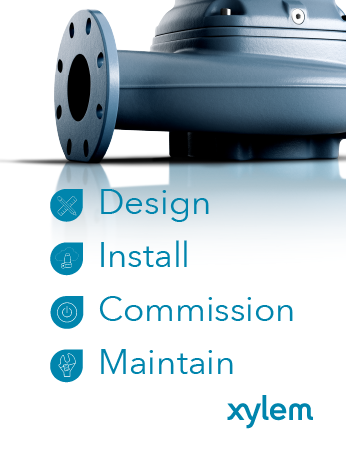How does a medium sized, niche business navigate through numerous conformance requirements to secure its place in today’s construction supply chains?
The construction industry has always presented opportunities for the army of innovative and specialised small and medium sized business based in the UK. For every £1 spent by the industry in the UK, around 90p remains on-shore, and on top of that, 99.9% of businesses in the sector are classed as SMEs.[1]
But large main contractors and public sector organisations are operating under increased demands for accountability, and that means requiring high standards of conformance from every business in their supply chain. How does that look for a medium sized, niche organisation?
Founded nearly fifty years ago, Wiltshire manufacturing company Audience Systems is the UK market leader in a very specialist industry – retractable and auditorium seating.
Employing around 120 people in the UK, Audience Systems turns over around £11m, with a growing export presence, particularly in North America and Australia. The company tends to work directly with main contractors on new builds and major refits, and with venue managers in sport, education and the arts on refurbishments. Many of its projects are in the public sector.
“Ten years ago, the quality landscape was very different for us,” says Managing Director Keith Ritson. “We had strong relationships with clients, and healthy scores on contractors’ databases based on a good record of work. Our products were tested to the relevant standards, and we had an internal quality systems and training schemes in place, supported by industry-wide training such as CSCS.”
“But main contractors are being asked by their clients to hold their entire supply chain to the same standards which apply to themselves, and this means that smaller businesses are being held to the same rigorous obligations as large corporate organisations.”
Change has come from multiple directions, and Audience Systems has had to innovate to keep up. Some changes have benefitted them – for example, when the Department for Education issued their latest design brief for school premises, it included a requirement for auditorium seats to conform to the relevant British standard at the highest level. That gave the company an immediate advantage. They had always emphasized strength in the design of their products, and most of their range was already certified to that level.
Other requirements have proved more onerous. “In the UK, many of our clients have moved to Constuctionline Gold accreditation as a minimum requirement for subcontractors. It’s been a jump up from the Silver accreditation we already had, asking about issues from BIM to GDPR to modern slavery, and although the vast majority of the work has been around creating more official documentation of processes we already had in place, it’s still a big undertaking for a small management team.”
Another unexpected challenge was the exclusion of the seating installation trade from the general CSCS scheme. Audience Systems had to innovate quickly, leading the industry in creating a bespoke NVQ programme for all site staff to ensure ongoing access to sites. Again, a major project for a medium-sized manufacturing business to take on.
The compliance landscape continues to evolve and work is ongoing across the company, from R&D to Quality to Purchasing to anticipate and meet future requirements.
“Of course, much of this work brings benefits – the NVQ scheme for instance, is far more fit for purpose than the old CSCS card scheme. Developing products that conform to US standards has helped us open up a major new market. But it’s also essential for us to still have time to do the things that enthuse us – improving products, developing new products and applications and continuing to expand our export businesses. We don’t just want to be meeting requirements, we want to be doing the exciting things – and doing them well.


“The key to
it is to make sure that where our customers ask more from us, we accommodate
them in a way that works for us. That’s the only way we can avoid being
overwhelmed by compliance issues, and use them to our advantage.”
[1] https://www.bsigroup.com/Global/BSI%20UK%20SME%20Landscape%20Report%20-%20Stage%201.pdf







